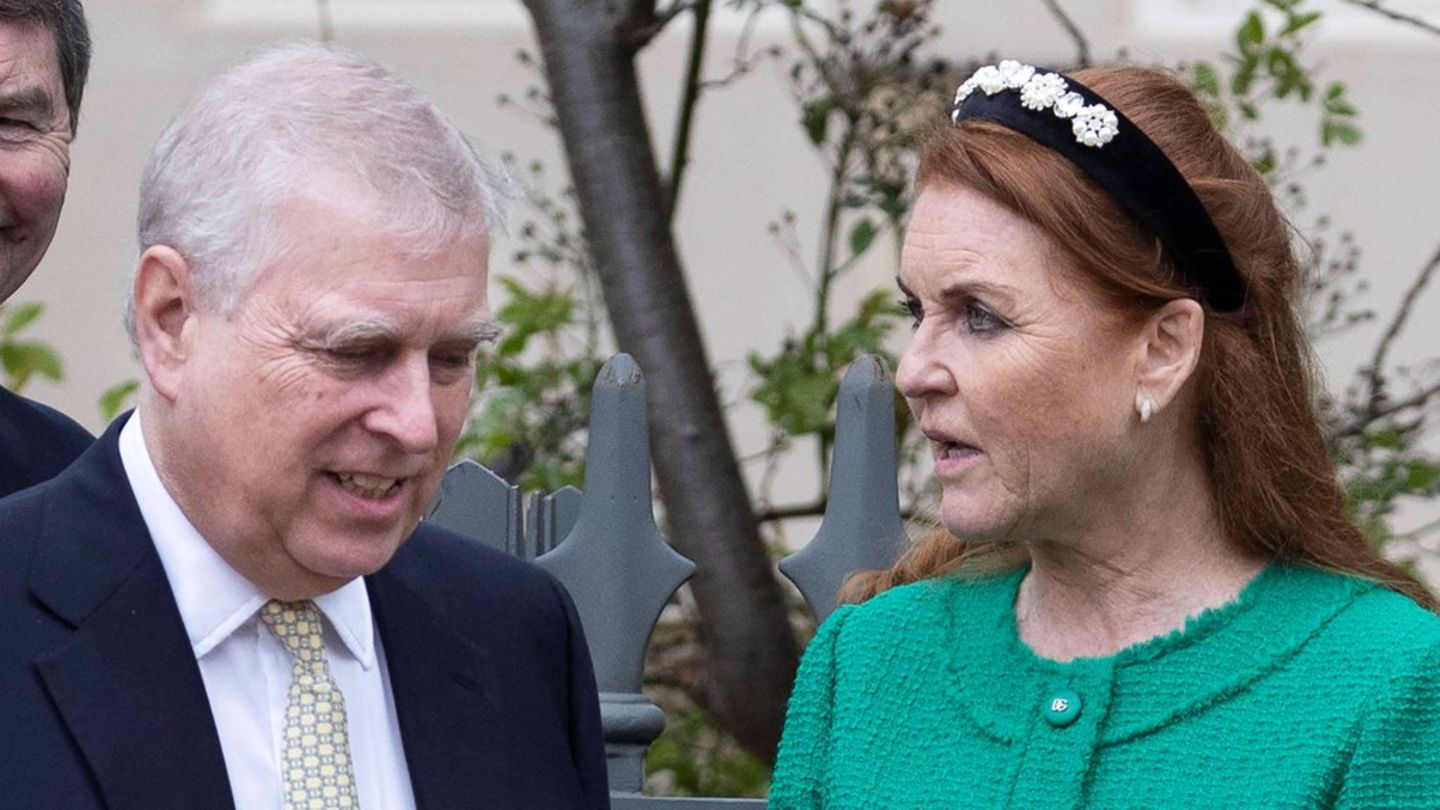It was considered a major experiment in German local transport with buses and trains: millions of people bought the 9-euro ticket. Findings from the experiment will now be presented.
Shortly before the last 9-euro tickets for local transport expire, the transport companies take stock. Monthly passes were offered for June, July and August; Passengers could use local transport nationwide. There is now lively discussion about successor solutions.
VDV: A total of 52 million tickets sold
Millions of 9-euro tickets sold and a noticeable shift to rail: From the point of view of the Association of German Transport Companies (VDV), the three-month special ticket campaign in local public transport (ÖPNV) was a complete success. Around 52 million tickets were sold nationwide over the entire period, the association announced on Monday. “In addition, there are more than ten million subscribers who have automatically received the discounted ticket monthly over the campaign period,” it said.
Together with Deutsche Bahn, the VDV carries out the most extensive survey on the use of the 9-euro ticket, 6000 people are surveyed every week. It turned out that every tenth user of the ticket made at least one journey with public transport that he would have made in the car without the ticket.
The association is therefore in favor of a quick connection solution for the ticket. “If we take the traffic turnaround and climate change seriously, then we have to act now,” said VDV CEO Oliver Wolff.
Deutsche Bahn also sees a success in the experiment. “In the last three months, an average of ten percent more passengers have traveled in our regional transport than before Corona,” board member Evelyn Palla announced on Sunday. Every fifth user has rediscovered public transport.
Federal Environment Agency calls for more attractive local transport
Like the transport companies and the federal states, the Federal Environment Agency is also demanding a successor regulation. It speaks of an urgently needed door opener, with which public transport would gradually be recognized as an attractive alternative to the car.
However, Federal Finance Minister Christian Lindner (FDP) does not see any funds for a new 9-euro ticket. The federal government had financed the three-month campaign with 2.5 billion euros to compensate for loss of income at transport companies. The Association of German Transport Companies is committed to a 69-euro ticket. He estimates the costs at two billion euros per year.
The action was intended to relieve commuters in the face of high energy prices. In addition, it should advertise a switch to buses and trains. However, studies during the campaign period initially showed only a slight shifting effect. The industry also suspects that many journeys would probably not have been made without the cheap ticket.
Source: Stern
Jane Stock is a technology author, who has written for 24 Hours World. She writes about the latest in technology news and trends, and is always on the lookout for new and innovative ways to improve his audience’s experience.




